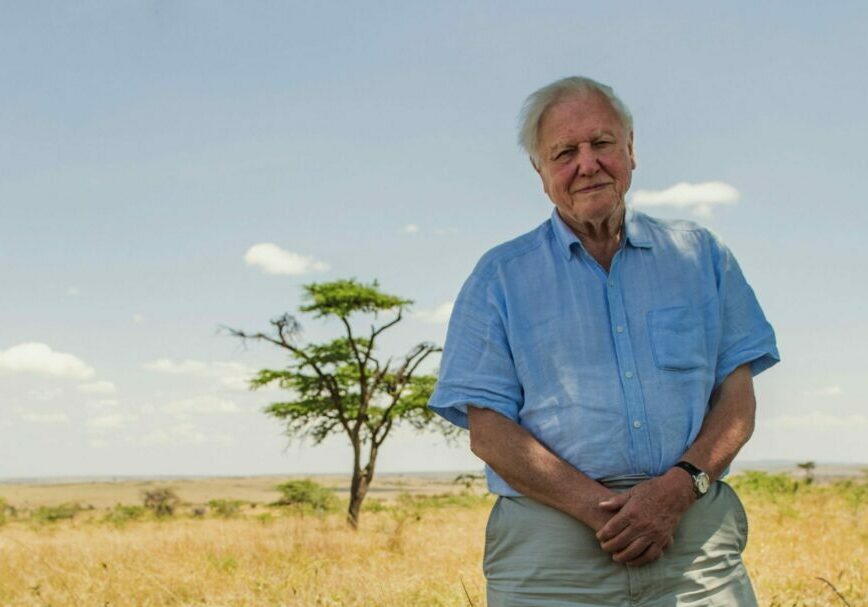Writing a will not only brings peace of mind for you and your loved ones, but it’s also a way to ensure WWF can carry on protecting the planet for generations to come.
Gifts in wills are a vital part of our funding – about a fifth of our donated income, in fact – and they enable us to safeguard the wildlife and habitats you love.
If you don’t have a will, our six steps outline the key things to consider when creating one. Much of this guidance also applies if you already have a will but would like to update it.
1. Consider who you’d like to remember in your will
You can leave a gift in your will to whoever you wish (your beneficiaries). It’s important to take care of your loved ones in your will before including a gift to WWF or other organisations that you’d like to benefit from your legacy.
2. Decide what gifts you’d like to give
There are different types of gifts you can leave to your beneficiaries. You can leave a specified amount of money or a particular item, such as jewellery, art or a property. You can also leave a share of your estate (usually decided as a percentage) after any debts, taxes or other gifts have been paid.
3. Appoint your executors
An executor is responsible for carrying out the instructions left in your will. Many people choose a friend or loved one to act in this capacity, or a professional executor such as a solicitor. If you’re unsure whether you have a suitable personal contact or professional to act as your executor, please contact Grace in our Legacy team and she’ll be able to talk through options.
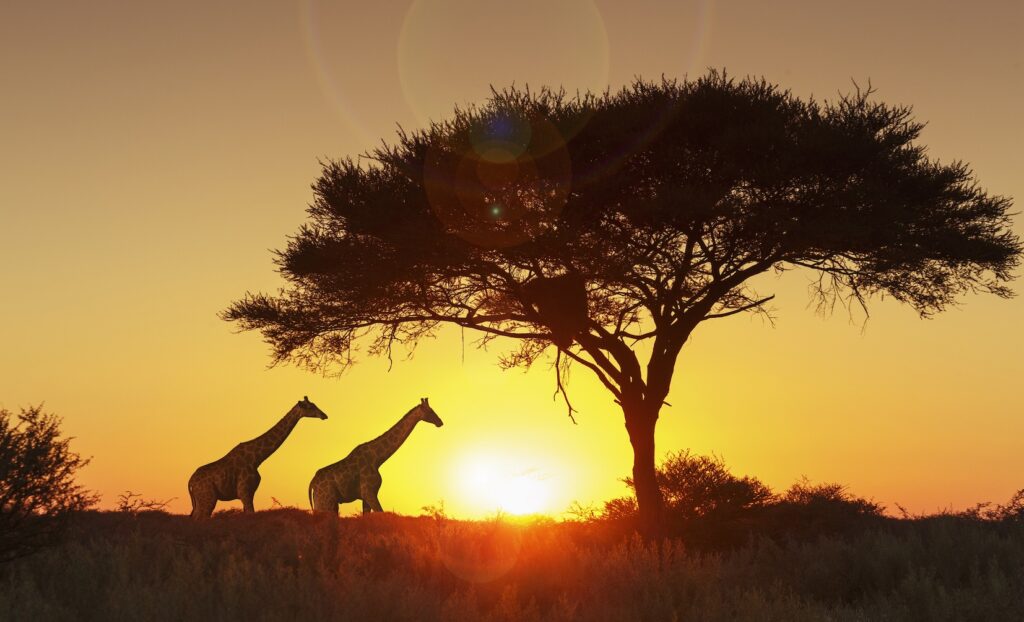
© GETTY
4. Calculate the value of your estate, and consider inheritance tax
Your estate includes property, cash and savings, investments and personal possessions. You should deduct any outstanding bills or debts to establish the potential value of your estate. Inheritance tax can be complicated and is charged on your estate against a set threshold. You can find out more about inheritance tax on the HMRC website and from your legal adviser.
5. Write your will – perhaps for free
Having your will made or amended by a qualified solicitor is the best way to make sure your wishes are understood and carried out. WWF’s membership of special will-writing schemes could help you make or amend a simple will with a local participating solicitor or online service for free, with no obligation to include WWF. To find out more, call Grace on 01483 412153 or email grace@wwf.org.uk
6. Keep your will up to date and in a safe place
Be sure to keep a copy of your will in a place that’s easy to find. You can also provide copies of your will to your executors or let them know where to find it.
If circumstances change, you may wish to update your will. A codicil (an official amendment) can be added to make simple changes, while more complex changes may require a new will. Again, WWF’s free will service could help you with these processes. It’s recommended you destroy or clearly mark any old wills that have been updated.
Leaving a legacy: the stories behind the gifts
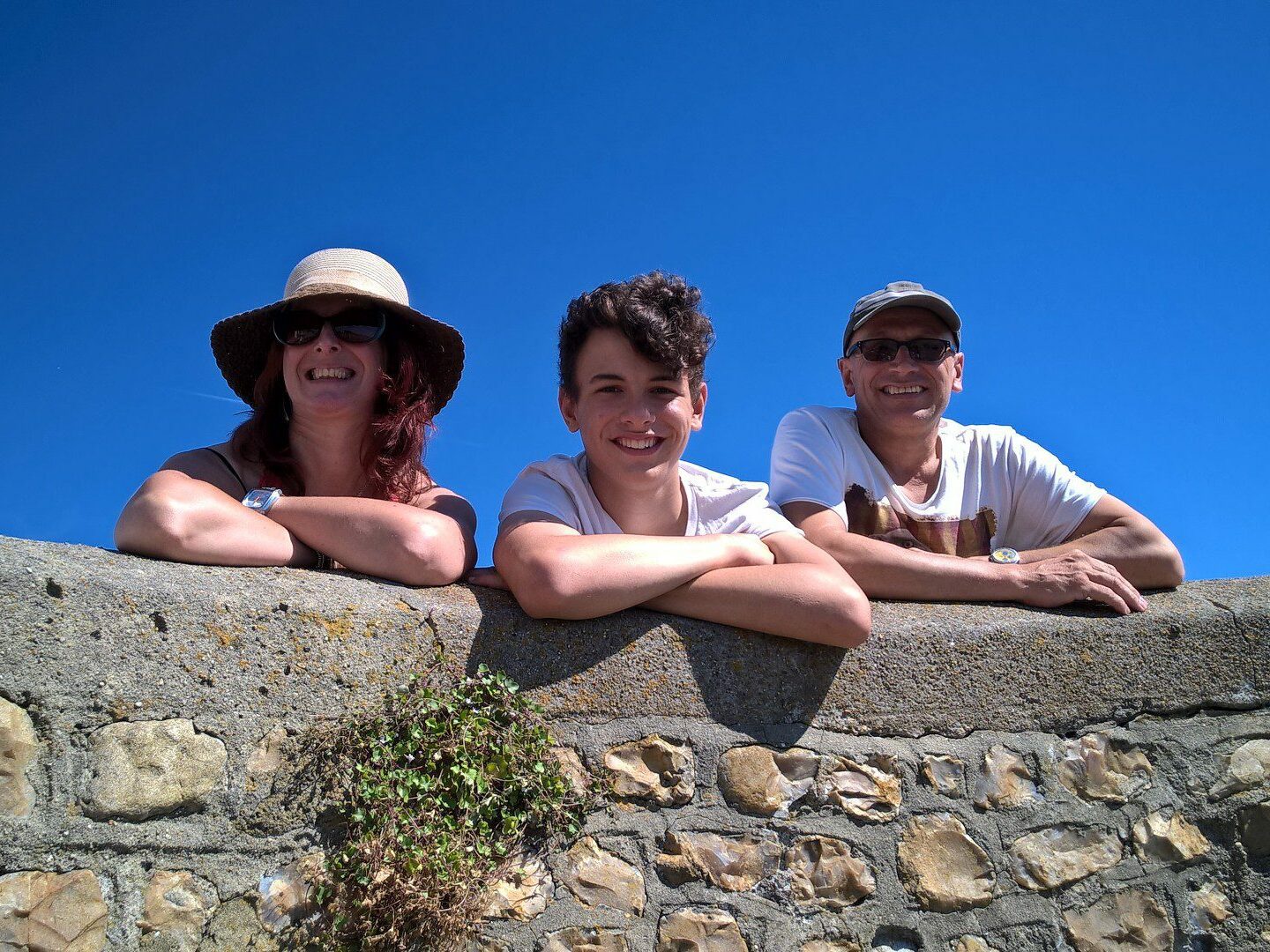
Jon
Jon’s leaving a gift in memory of his wife
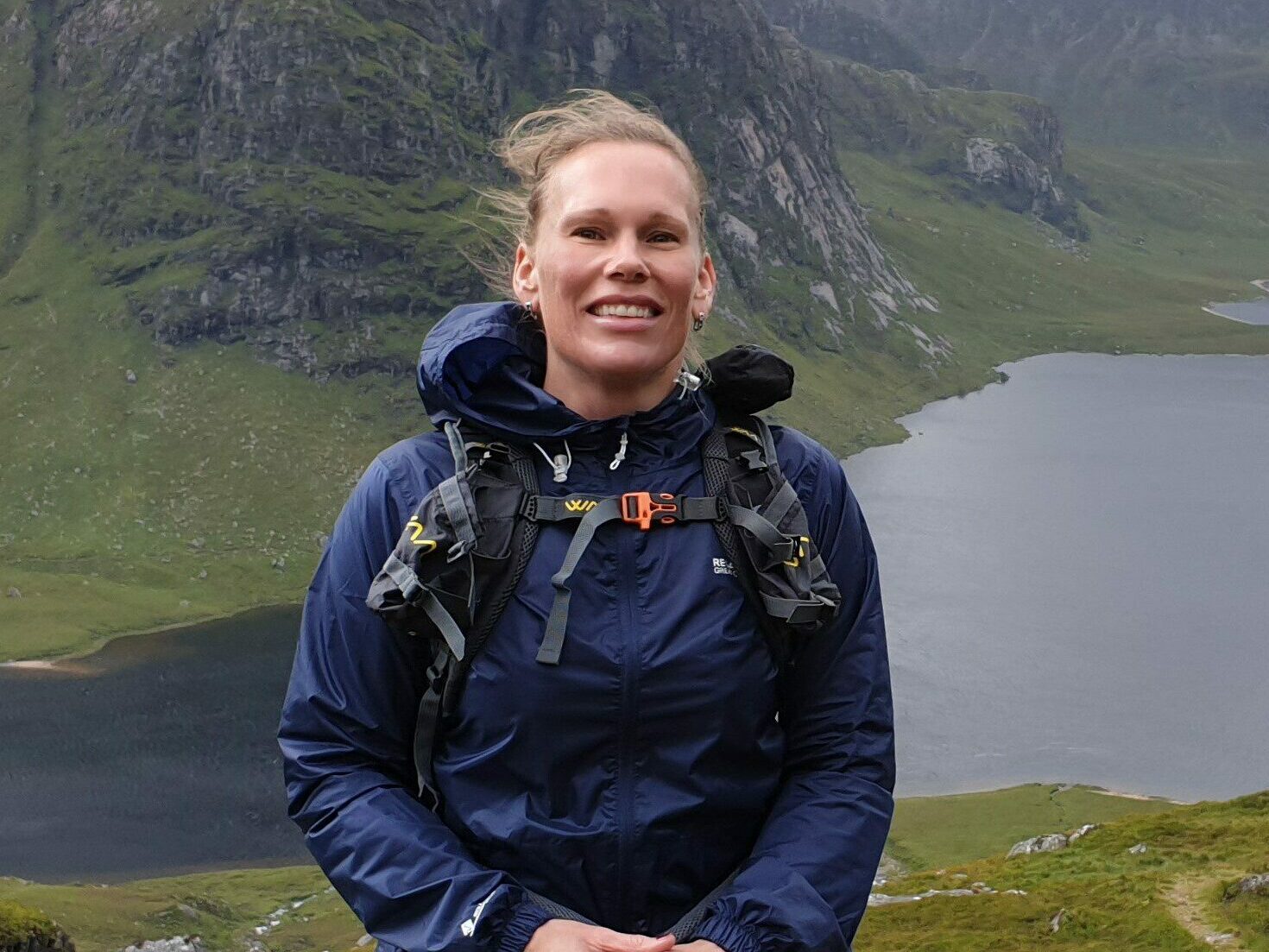
Cindy
Cindy’s creating a legacy for the next generation
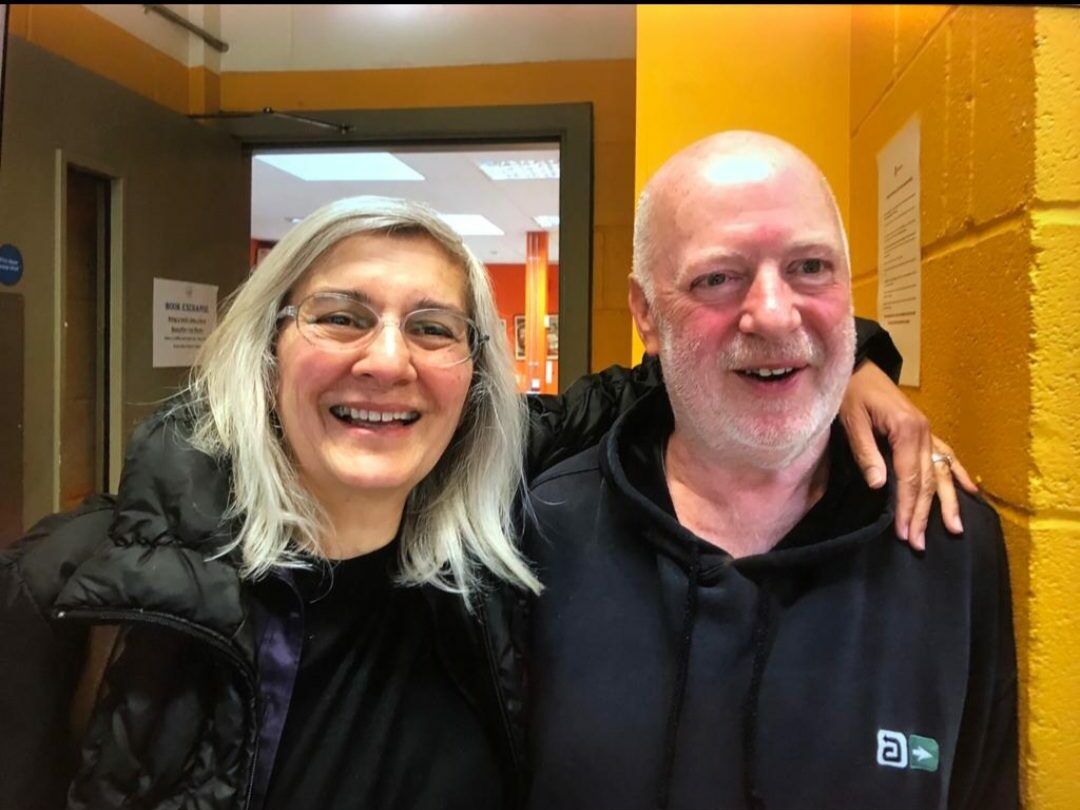
Val & Pip
Val and Pip want to give wildlife a future
Find out more about leaving a gift in your will
If you have any questions about leaving a gift in your will, contact Grace by calling 01483 412153 or emailing grace@wwf.org.uk, or you can visit our Gifts In Wills page
BANNER IMAGE: © GETTY
More to explore
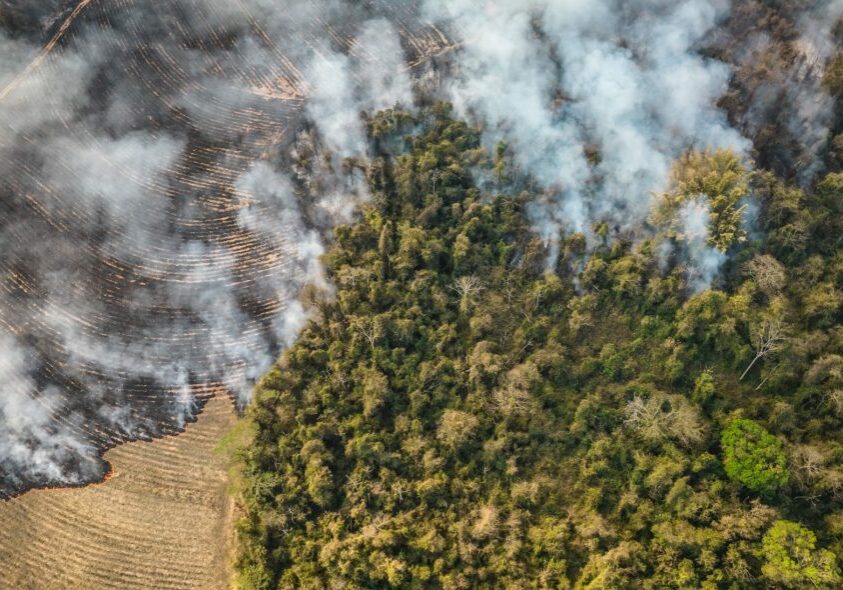
Tell our leaders to bring our world back to life
The next UK government will need to take urgent action to stop the destruction of nature. Sign our petition to tell our leaders to act now
